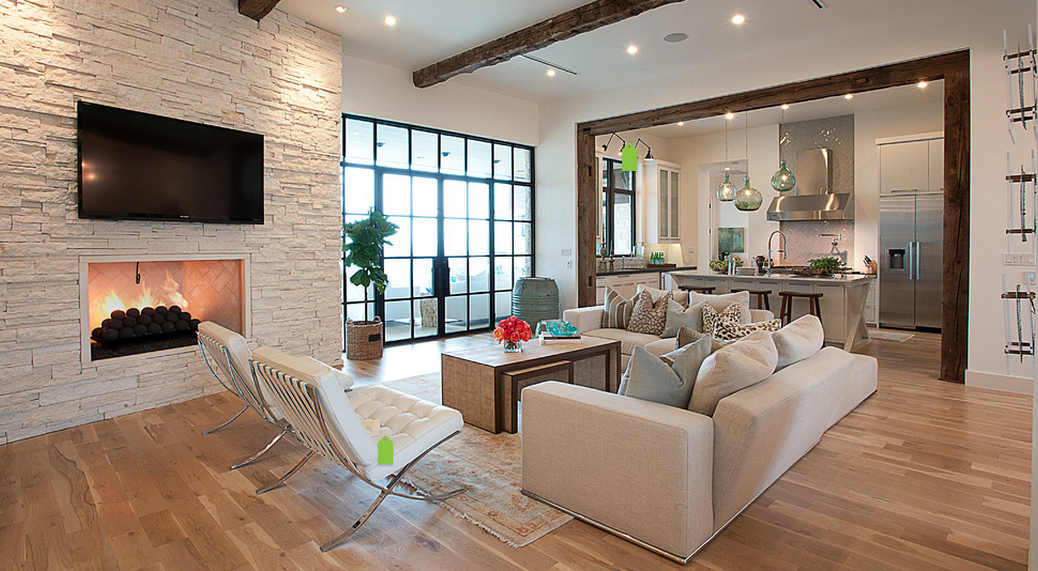
STEP BY STEP OF HOME BUYING
Step 1: IS HOME OWNERSHIP RIGHT FOR YOU?
Do you have the necessary financial management skills and capacity?
How financially stable is your household?
Do you have the relevant skills and capacity to take on the responsibility of all the relevant costs associated with homeownership such as mortgage, property tax, home file insurance, all utilities, unforeseen repairs and maintenance, snow removal and management expenses, management fees, etc.?
Step 2: ARE YOU FINANCIALLY READY?
Determine how much you are ready to spend now
Calculate your household income
Determine your present and future debt payments and total them up
Once your have ascertain your total debt obligations, ascertain your gross family income, the down payment that will be required for the planned home and the mortgage interest rate.
Get copy of your credit report and establish what your credit rating is and your chances of getting mortgage approval
Get pre-approved for a mortgage by lender.
Step 3: WHICH HOME IS RIGHT FOR YOU?
Once you have an idea as to your finances, the next thing would be to think clearly as to the type of home you would want to buy. It is advisable you think about –
Your needs now and in the future; Size, special features, lifestyle and stages, what locations (City, towns or country), sustainable neighborhood, newly constructed home or existing home (Resale home), what type of home – Single family detached, Single family Semi-detached, Duplex, Condo town home, Freehold town home, apartment building, etc.
Look at many homes as much as you can and make notes of the positive and negative factors of each and every one of them.
With our experience in the property and mortgage industry, we will be in position to guide explain in details what this step entails.
Step 4: THE ACTUAL BUYING PROCESS
Get an experienced and professional realtor to assist and guide you in choosing an ideal property. Think twice. Even if a home seems perfect, go back and take a closer and more critical look at it. If possible, visit the area several times and at different times of the day. Chat with neighbors about the area and don’t be distracted by attractive surface details of the home.
Make an offer for the home (a realtor will be in better position to do this for you and ensure all legal loopholes are well taken care of).
A typical offer to purchase or agreement will include the following minimal information;
- Your complete legal name, the name of the Seller and the legal address of the property
- The Purchase price the buyer is offering
- All the chattels that are included in the price – chattels are things like, window coverings, all appliances, satellite dishes Garage remote control opener and all other things that are unattached to the property
- The deposit amount that the buyer is offering
- The date the transaction is to be concluded (typically called the closing date). This usually range from 30 to 90 days or even longer
- Requirement for most current land survey report (where applicable)
- All the conditions that needs to be fulfilled without which the offer becomes null and void – Mortgage financing/approval, Property inspection and Condo Status Certificate review by buyers solicitor
- The date the offer becomes null and void if not accepted by either party
After final acceptance, secure a firm mortgage for the home you have decided to buy, send a copy of the accepted offer document to your solicitor and you start preparing for the closing day.
Step 5: NOW, YOU’RE A HOMEOWNER, WHAT NEXT?
Congratulations!! The closing is done and you have the keys and have possibly moved into your new home. Is that all? Here are some list of factors you need to take into consideration to be a successful homeowner:
Make time payment of your mortgage – you can decide to make it monthly, bi-weekly or weekly. Late payments can result in charges and have negative effects on your credit rating. Arrange for your lender to make your payment come out of your account automatically while you focus on funding such account timely. It is recommended that homeowners keep money in savings account that will cover at least three months mortgage.
Clement Esene – Real Estate 4 All
